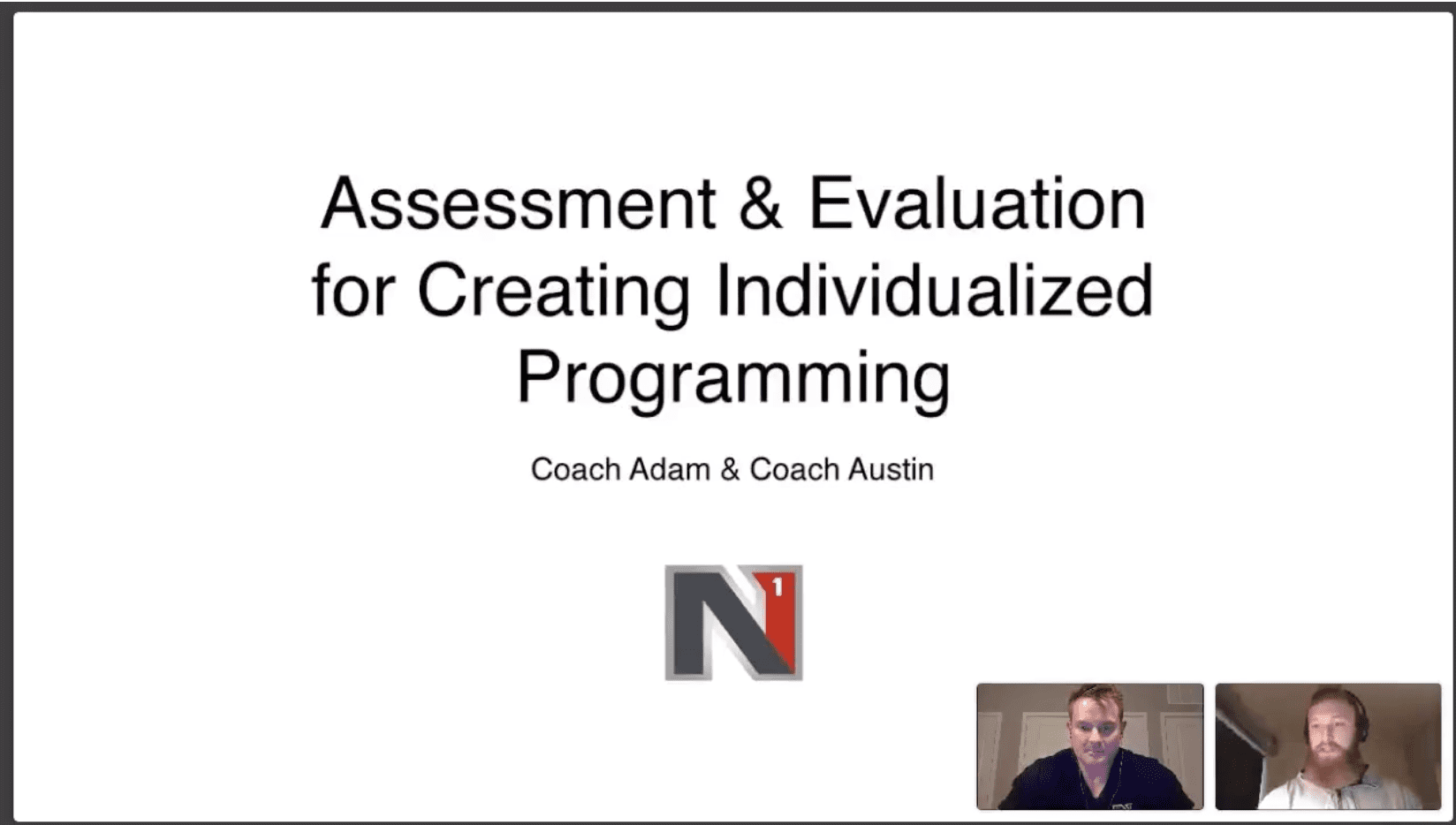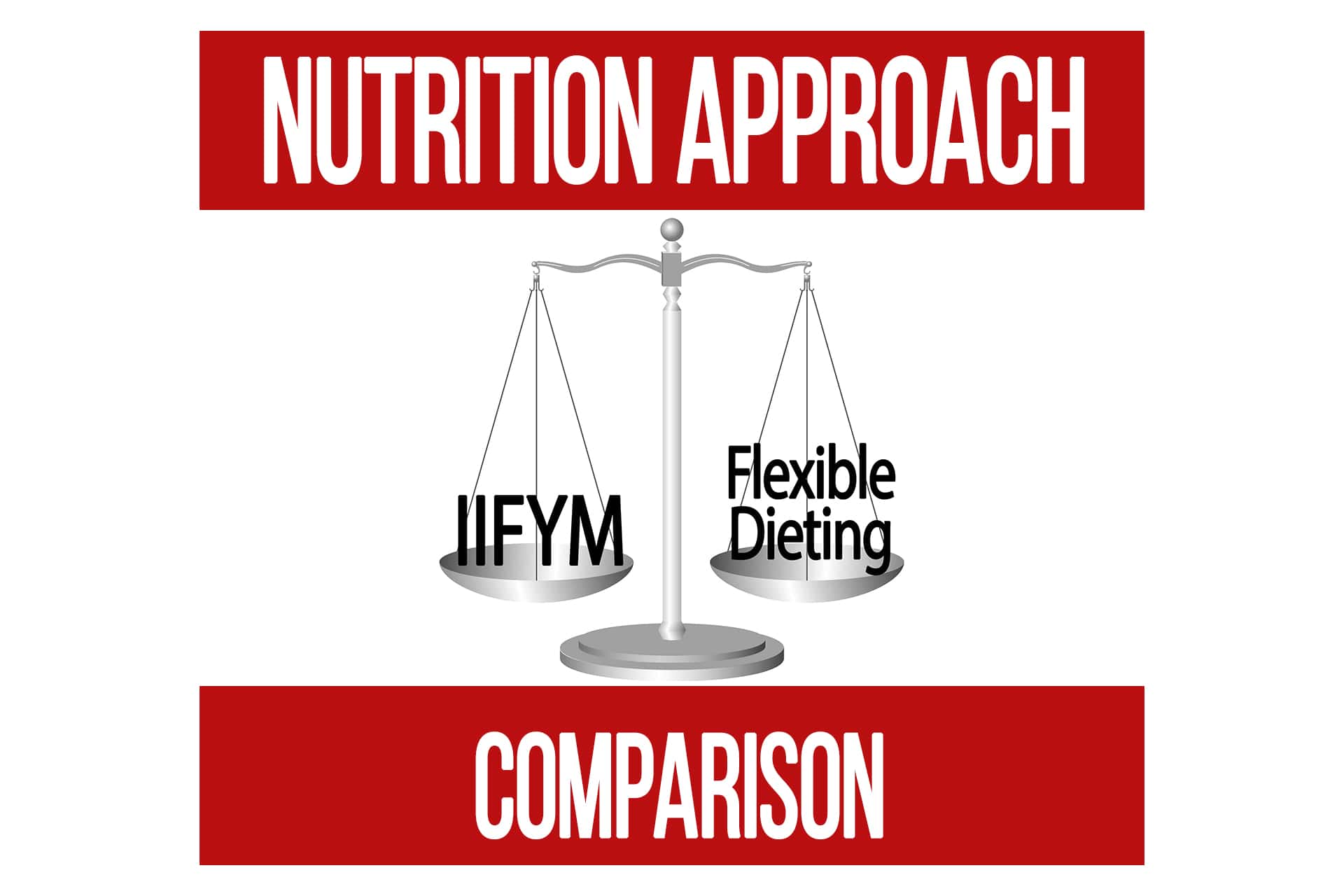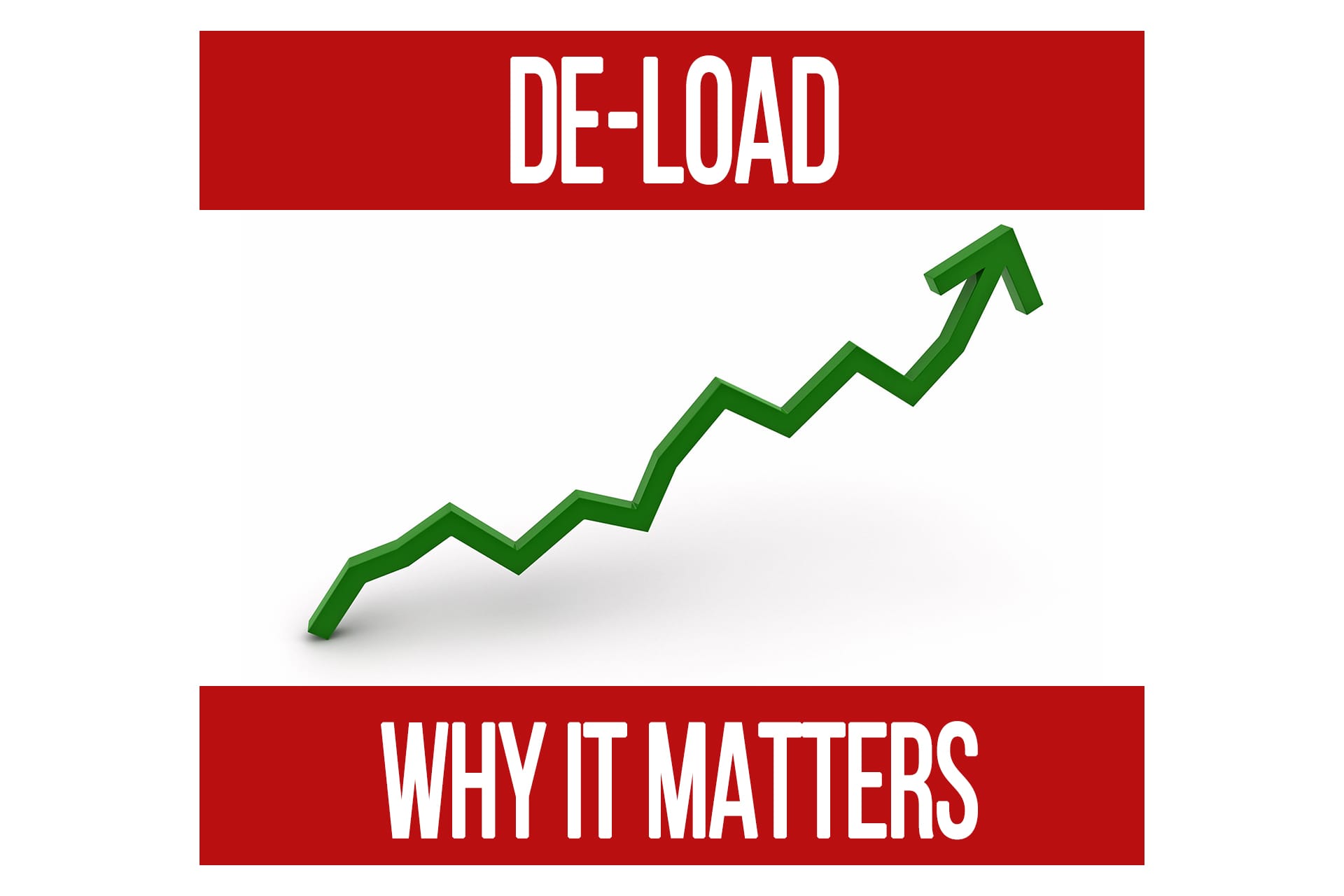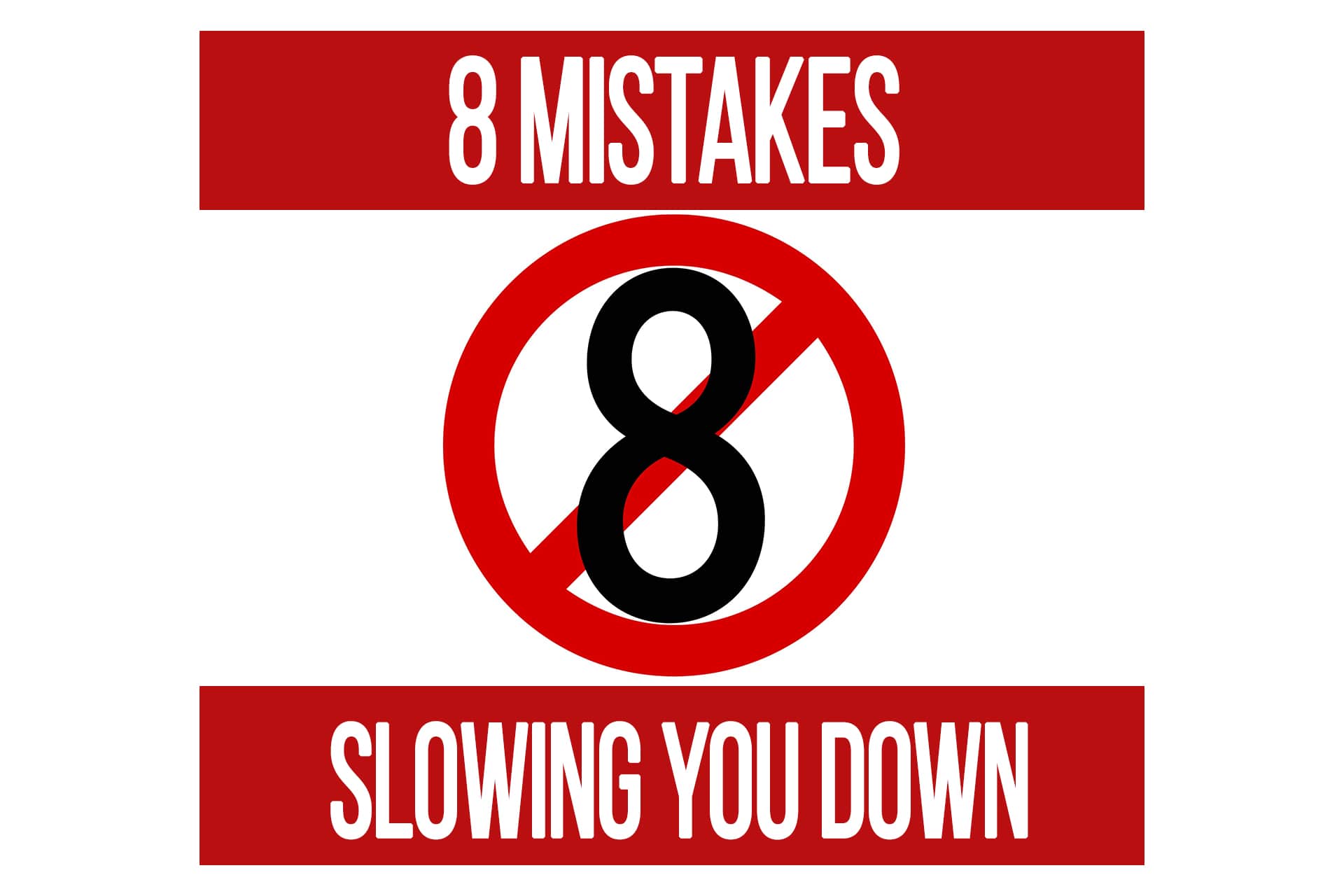Don’t Put Too Much “Weight” On The Scale
n1 training
You may have heard the famous quote “What gets measured gets managed” (Peter Drucker). This is especially true when it comes to health and fitness, but there is a caveat. When measuring becomes a stress and begins skewing what is being measured, or worse, begins taking the enjoyment out of the process it is time to rethink our perspective.
The most obvious example of this is stepping on the scale to track body weight. In itself, this is not a bad tool to use when it is taken in to context and understood as such. However, the issue arises when we begin using it as our sole means of assessing progress and start creating an emotional attachment to the numbers.
What Does the Scale Actually Tell Us?
There is much more at influences our weight than just fat loss or muscle gain. That erroneous association is what turns the scale into an emotional rollercoaster or source of stress for many people. Other factors that can influence body weight include how hydrated you are, bowel volume, muscle glycogen, and inflammation. All of these can create daily fluctuations up to several pounds! None of which are a measure of how much muscle you’re gaining or how much fat you’re burning off.
It is not uncommon to have a client drop several pounds in a few days as inflammation drops or when depleting glycogen. Conversely, getting them to gain several pounds in a week simply by replenishing glycogen is not a rare occurrence either.
So How Should We Use the Scale?
A better way of viewing weight scale measurements is to look for trends, rather than a daily change, as an indicator of progress. One method is to look at the weekly average. Another is to track it in tandem with your nutrition. For example, only weighing yourself after days off when inflammation should be lowest, or the mornings after you have a high carb/calorie day when muscle glycogen should be at its fullest. As mentioned earlier, the measurements must be put in context which is why if you are meticulously tracking weight, you should also be tracking influential details such as your training split, daily nutrition, stress levels (mental as well as physical), and even digestion. All of these can have a significant effect on fluctuations in weight.
The most important point to understand is that tracking your scale weight should NOT be something that stresses you. If it is, perhaps take a break from it for a while or only measure once per week (after a rest day is recommended). A consideration that most people forget is that mental stress increases cortisol and can influence inflammation, thus further affecting your body weight. It becomes a vicious (and unnecessary) cycle.
Take Home Point
Be objective when you are tracking anything, especially body weight. Don’t obsess over them. They’re just tools that can be used to assess progress and evaluate your current plan’s effectiveness. Make sure you understand the context in which your measurements are being taken before letting them influence any decisions.
Avoid skipping straight from measure to manage. Instead, learn to measure, interpret, assess, and then manage.
You may have heard the famous quote “What gets measured gets managed” (Peter Drucker). This is especially true when it comes to health and fitness, but there is a caveat. When measuring becomes a stress and begins skewing what is being measured, or worse, begins taking the enjoyment out of the process it is time to rethink our perspective. The most obvious example of this is stepping on the scale to track body weight. In itself, this is not a bad tool to use when it is taken in to context and understood as such. However, the issue arises when we begin using it as our sole means of assessing progress and start creating an emotional attachment to the numbers.
What Does the Scale Actually Tell Us?
There is much more at influences our weight than just fat loss or muscle gain. That erroneous association is what turns the scale into an emotional rollercoaster or source of stress for many people. Other factors that can influence body weight include how hydrated you are, bowel volume, muscle glycogen, and inflammation. All of these can create daily fluctuations up to several pounds! None of which are a measure of how much muscle you’re gaining or how much fat you’re burning off. It is not uncommon to have a client drop several pounds in a few days as inflammation drops or when depleting glycogen. Conversely, getting them to gain several pounds in a week simply by replenishing glycogen is not a rare occurrence either.
So How Should We Use the Scale?
A better way of viewing scale measurements is to look for trends, rather than a daily change, as an indicator of progress. One method is to look at the weekly average. Another is to track it in tandem with your nutrition. For example, only weighing yourself after days off when inflammation should be lowest, or the mornings after you have a high carb/calorie day when muscle glycogen should be at its fullest.
As mentioned earlier, the measurements must be put in context which is why if you are meticulously tracking weight, you should also be tracking influential details such as your training split, daily nutrition, stress levels (mental as well as physical), and even digestion. All of these can have a significant effect on fluctuations in weight.
The most important point to understand is that tracking your scale weight should NOT be something that stresses you. If it is, perhaps take a break from it for a while or only measure once per week (after a rest day is recommended). A consideration that most people forget is that mental stress increases cortisol and can influence inflammation, thus further affecting your body weight. It becomes a vicious (and unnecessary) cycle.
Take Home Point
Be objective when you are tracking anything, especially body weight. Don’t obsess over them. They’re just tools that can be used to assess progress and evaluate your current plan’s effectiveness. Make sure you understand the context in which your measurements are being taken before letting them influence any decisions. Avoid skipping straight from measure to manage. Instead, learn to measure, interpret, assess, and then manage.

Popular Pages
Learn & Train With Us
Add N1 Training to your Homescreen!

Please log in to access the menu.




